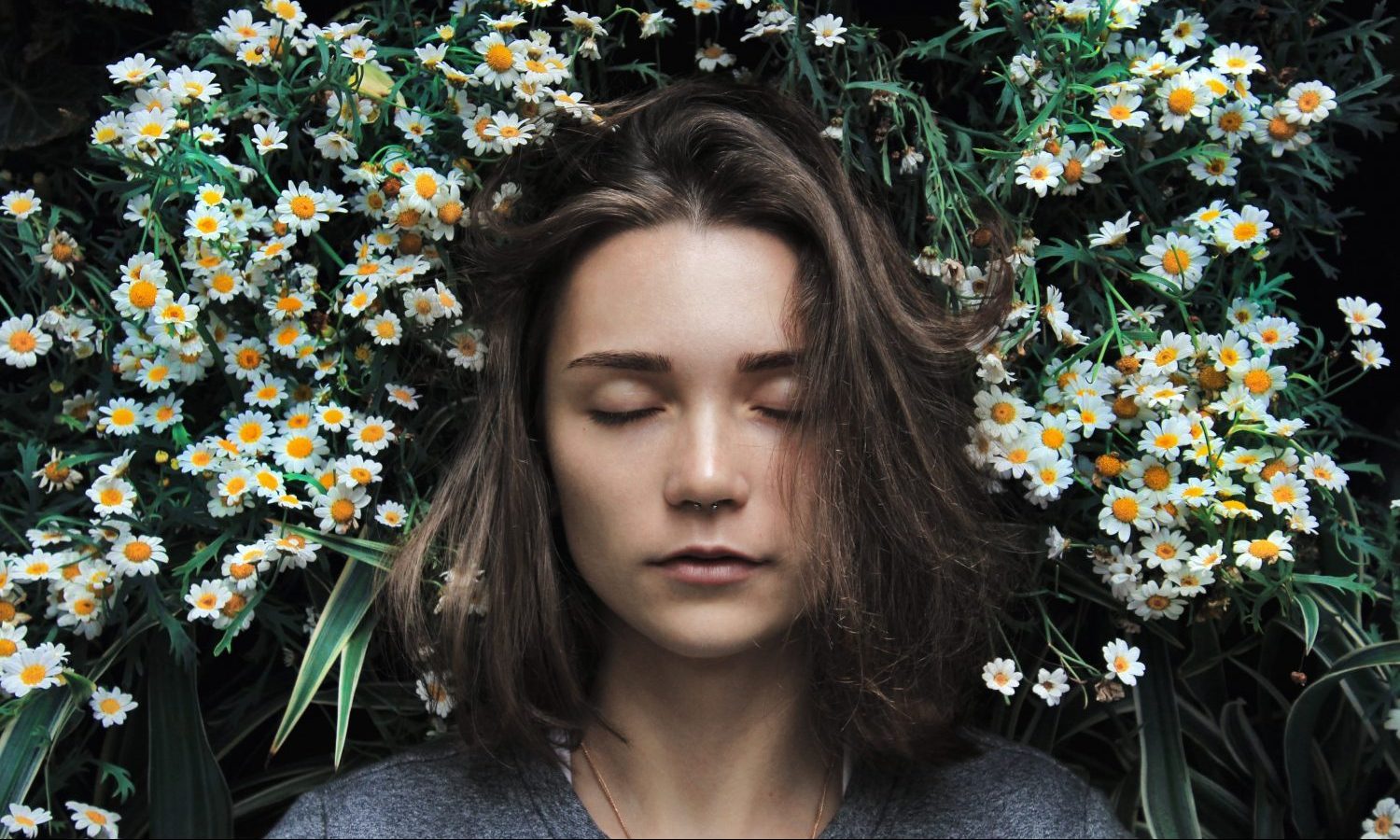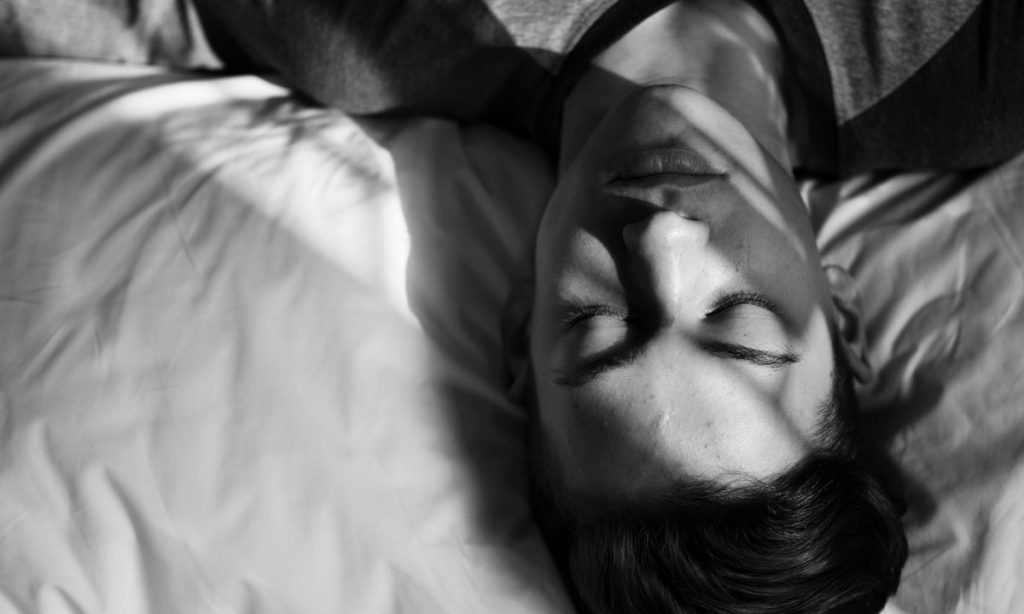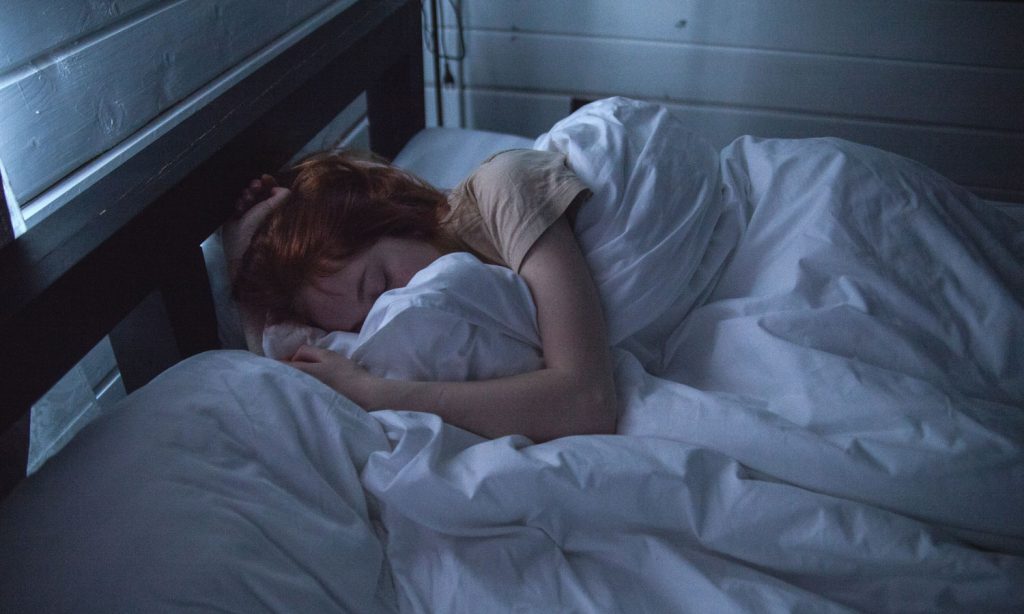
Have you woken up from sleep and thought, “What kind of dream did I have last night?” Or maybe you’ve dreamt the same dream over and over again and you’re curious. It’s also possible that you woke up without any recollection of the dreams you had the previous night. Read on, as I analyze the fundamentals of dreams and clear the air about the role cannabis plays in influencing dreams.
Yes, it can be a very emotional experience waking up from the same dream, especially if you don’t remember the details. Regardless of the state of your dreamy experience, I believe we all want to be able to analyze our dreams.
Before going further, it should be noted that there is a connection between your dreams and cannabis from an analytic perspective. As you go down that dream rabbit hole, you wouldn’t want to wake up feeling distraught, and CBD can help with that. However, before we talk about the connection between cannabis and dreams, we must understand the meaning of dreams.
What are dreams?
Dreams happen in our subconscious, created by our minds as we sleep. Your dreams happen during your Rapid Eye Movement (REM) as you sleep, and this is when your brain is most active.
Since your brain is highly active, it explains why you sometimes do not remember your dream’s details when you wake up. A lack of remembrance makes you feel confused, dizzy, and emotional because you cannot recollect your subconscious information.
Some people believe that dreams take us into our subconscious space to connect with our emotions, sort out deep-rooted issues, and better understand our emotions. Now, what are the different stages of sleep? We need to understand this before knowing the connection between sleep, dreams, and cannabis.
Different stages of sleep
When we sleep, our brain goes through five sleep stages, and the REM we mentioned earlier is the longest stage:
Stage one is light sleep which happens when you drift in and out of consciousness. At this stage, anything can cause you to wake up.
At stage two, your brain’s electrical impulses will start to slow down, ushering in stage three.
At stage three, you will start to feel the “delta waves” at a greater frequency. These delta waves are high brain waves from the cortex, which is associated with deep sleep.
Stage four happens when there is no eye movement or muscle activity.
At stage five, you will be in REM, and this is when your breathing gets irregular. Your heart rate increases, your eyes will move rapidly, and your muscles will be temporarily paralyzed. The REM stage can happen a couple of times as you sleep, depending on how long you sleep.

A complete sleep cycle lasts for 100 minutes, and the first REM period will start between 70-90 minutes after you fall asleep. REM also lasts for 10-20 minutes, which means your dreams occur within this timeline.
You wouldn’t know at what point you enter into REM because that is deep sleep, however, now you know that your dreams don’t happen at stage one. Therefore, whatever you dream about is from a place in your subconscious inspired by the emotions, the information you feed your mind, and experiences (past or present).
So what is the connection between dreams and cannabis?
Cannabis and your dreams
For years cannabis has been known for having the capacity to suppress dreams due to the impact of THC on the brain. People who use cannabis frequently talk about how they see a decrease in REM when they sleep.
But then they also experience deep sleep, which means the person slips deeper into the subconscious level. This is not a bad thing because deep sleep is the most restful kind of sleep you will ever experience.
RELATED: Here’s Why Cannabis Users Can’t Remember Their Dreams
As you experience a decrease in active brain activity while sleeping, the THC in cannabis will help you stay in the subconscious world long enough to have a restful sleep. People who suffer from post-traumatic stress disorders or insomnia will need cannabis to calm the mind’s activity, which translates into calmer dreams.
When you spend more time in a state of deep sleep after taking THC, you may not wake up with as much clarity about your dreams, but you will have a more refreshing sleep experience.

For a deeper experience in the rabbit hole and to gain more clarity for your dreams, you may have to decrease THC intake before bedtime. If you take a higher dose, your mind will become very active, making it possible for you to have more detailed dreams that you remember when you wake up.
RELATED: This Is What Happens When You Use Marijuana To Help You Sleep
However, it is essential to note that suddenly quitting cannabis can lead to what is described as a “REM Rebound,” which changes your dream patterns altogether. If you must stop taking cannabis, please start by reducing your doses gradually instead of stopping abruptly.
Bottom line
Cannabis has evolved so much over the years. Unlike before, we now have it popping up in almost every conversation. The rabbit hole is your subconscious where all the dream action happens, and going down that rabbit hole is something that happens whenever you sleep. When you consume cannabis, the THC it contains works as a suppressant such that you have calmer dream experiences.
If you want to remember your dreams’ details, you can increase your CBD intake before going to bed. But if you don’t want to remember the details, then it’s okay to reduce your dosage.
With cannabis, you can take control of your dream life by determining what you want to remember and what you don’t want to remember. You also decide whether you’re going to have a deep sleep or just enough sleep to hold on to your dreams when you wake up.
If you have never paid attention to your dreams and your weed intake, now is a good time to start. You might notice a new pattern that entails you either gaining clarity with your dreams or enjoying a deeper restful sleep!
This article originally appeared on Cannabis.net and has been reposted with permission.






